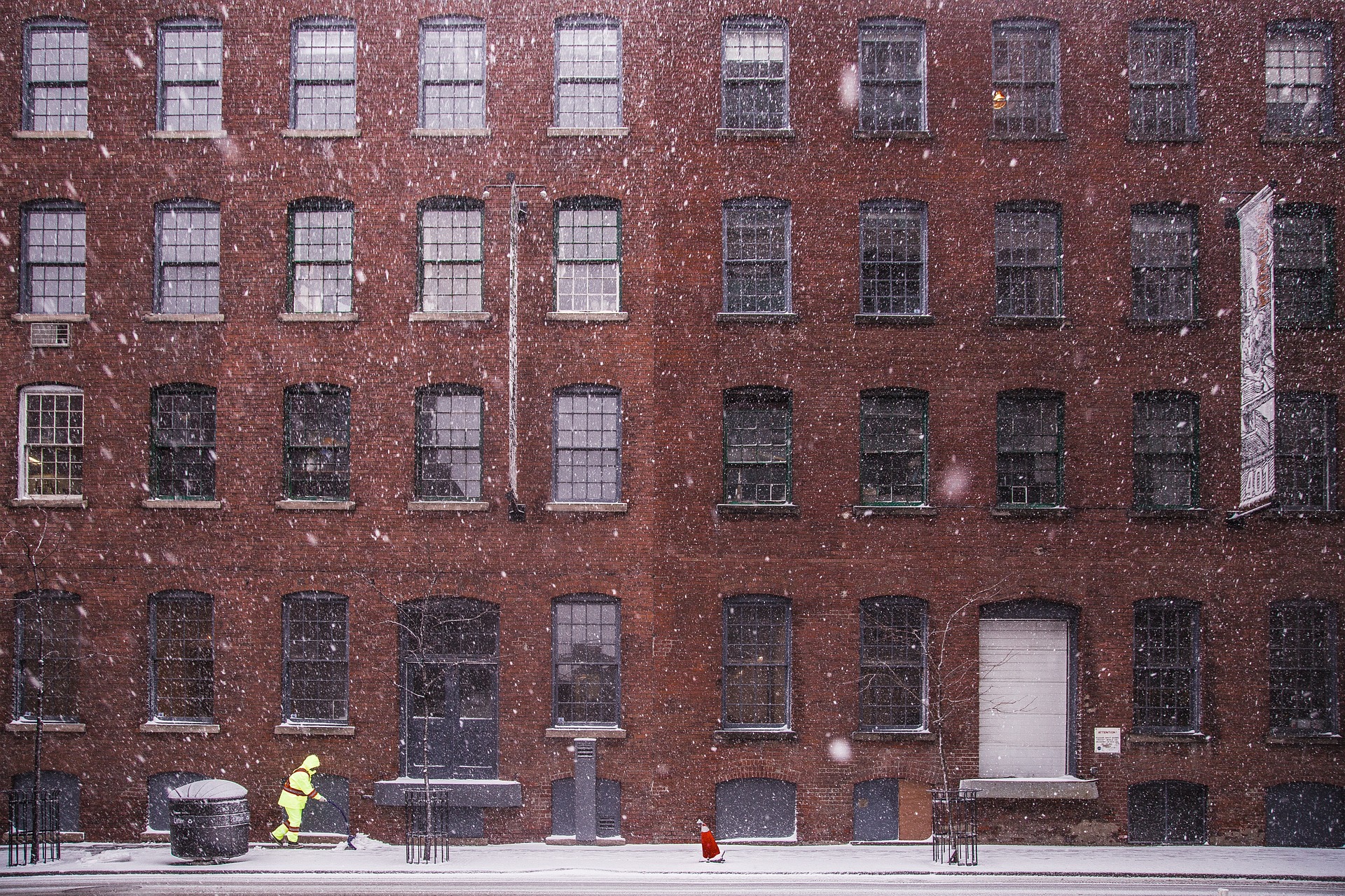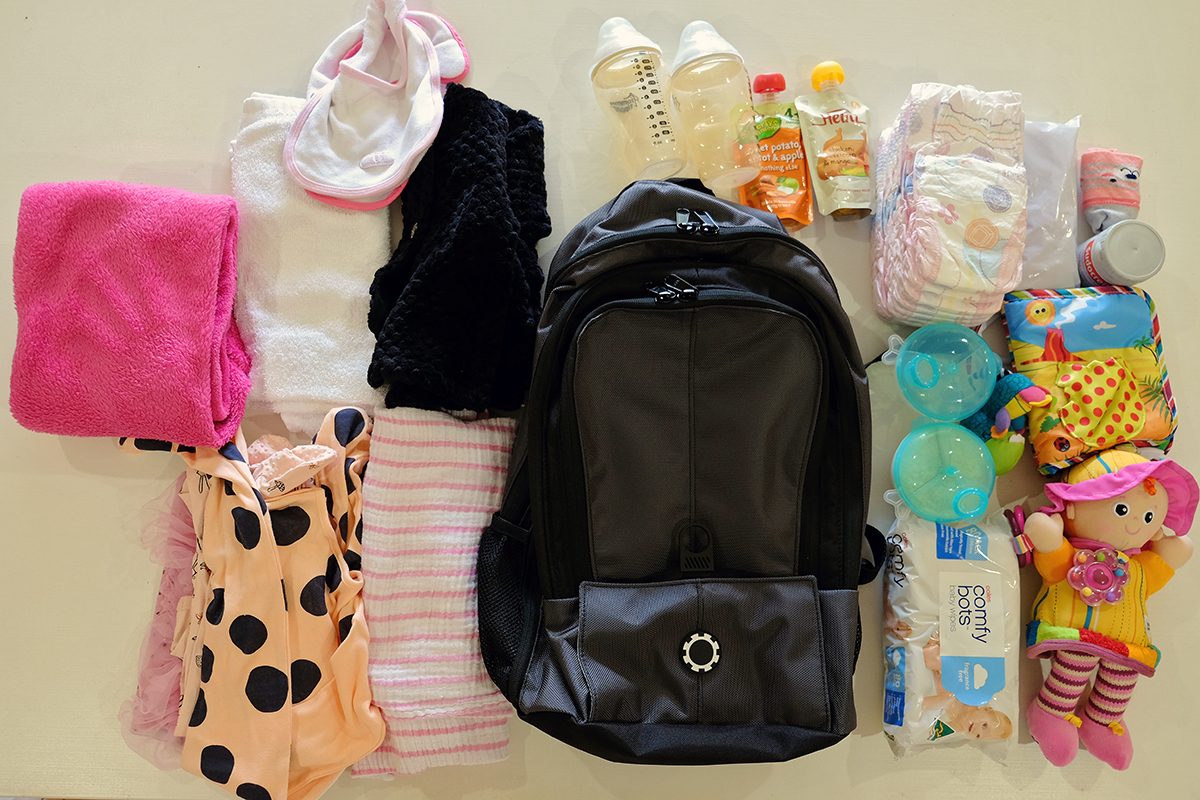
Five Essential Household Tips for the Winter*
It was towards the end of February last year that we were struck by perhaps the most memorably named weather front of all time. The ‘Beast from the East’ wreaked havoc across our fair isle for about a week and showed us all just how poorly prepared we are for the kind of weather those in colder climes live with all the time.
With that in mind, perhaps in anticipation of the ‘Pest from the West’ arriving later this year, we thought we’d put together a few top household tips to keep everything ticking over this winter.
De-icing your windows
On cold and frosty mornings, the lazy way to defrost the car is to turn on the engine and head back inside while you wait for the heaters to do their work. But what you probably didn’t know is that it’s actually illegal to leave your engine running unnecessarily on a public road. In fact, defrosting your car in this way could land you with a £20 fine. So, what should you do instead?
Well, de-icer is the obvious alternative, but what if the cold snap strikes when you least expect it and you don’t have de-icer to hand? One tip is to use the little-known rice trick. Just place a couple of handfuls of dried rice in a ziplock bag and place it in the microwave for 45 seconds. Then, pass the bag of rice over the inside of your car or house window to warm the window and melt the ice. As soon as the ice starts melting, move onto to a new area so as not to risk damaging the window.
In cold conditions, we’d also advise you to run your kitchen and bathroom exhaust fans while cooking and showering to reduce the risk of an icy surprise in your home.

Salting paths, patios and pavements
You don’t need a great big truck to do some preventative salting. In fact, if ice is expected overnight, we’d always advise you to do a little salting of your own. You can prevent the build-up of ice by spreading ordinary table or dishwasher salt on your walkways. All you need is a tablespoon of salt for each square metre of your path or driveway to reduce the risk of a nasty slip. If you run out of salt, you can use sand or ash. Although it won’t melt the ice as well as the salt, it will provide some much-needed grip underfoot.
Drying clothes in your home
Without a tumble dryer in the cold, damp months, it can be difficult to dry your clothes. The experts often warn against drying your laundry indoors as it can cause serious problems with humidity and damp. So, what can you do?
We’d always advise against drying laundry in a living room or bedrooms where you spend much of your time. That’s because it can reduce the air quality and potentially cause problems with mildew and mould. Instead, we’d advise you to place your laundry on a drying rack in a bathroom or hallway where you spend less of your time. Ideally, there will be a hotspot in your drying room, either close to a radiator or in front of a window where the heat from the sun can speed up the process.
If you’re trying to dry heavy materials like jeans or bedding, it’s always well worth giving them an extra spin. That will help to remove the 2 to 3 litres of water some laundry can hold.
Winter care for your hair
The hardness or softness of the water in your home undoubtedly has an impact on your hair, and this can become more pronounced in the winter months. Hard water has a high mineral content, made up predominantly of calcium and magnesium deposits. These minerals combine with your shampoo to create a soapy residue that sticks to your hair. The temptation is to wash your hair more regularly to try and remove the filmy, straw-like feel, but all that does is strip away more of the moisture it already lacks in the winter months. The result is dry, coarse and frizzy hair.
Thankfully, all is not lost. It is possible to counteract the impact of hard water on your hair. Using filtered water from a pitcher or jug to give your hair a final rinse in the shower can reduce the build-up of damaging minerals. Alternatively, you could create your own vinegar rinse. The acidity of the vinegar counteracts alkaline minerals like calcium and removes it from your hair. Combine one tablespoon of white vinegar with three cups of water and apply to the scalp. Leave it a few minutes before rinsing to help retain the moisture in your hair.
Frozen Pipes
This is probably the biggest disaster that can befall your home in the winter months. In this case, the prevention is certainly preferable to the cure. Thankfully, there are a number of simple tricks to help prevent pipes from freezing. For example, allowing your taps to drip slightly will keep the water moving, which makes it much less likely to freeze. Similarly, leaving your doors open will allow warmth to spread around the house and reach cupboards and lofts where pipes are often located. Another quick tip is to unplug your garden hose in the winter. That will help to avoid the potential damage caused by freezing water.
If you do succumb to frozen pipes, make sure you call an emergency plumber immediately. Failure to act could cause the pipes to burst and lead to serious flooding. That would make frizzy hair the least of your worries this winter!




